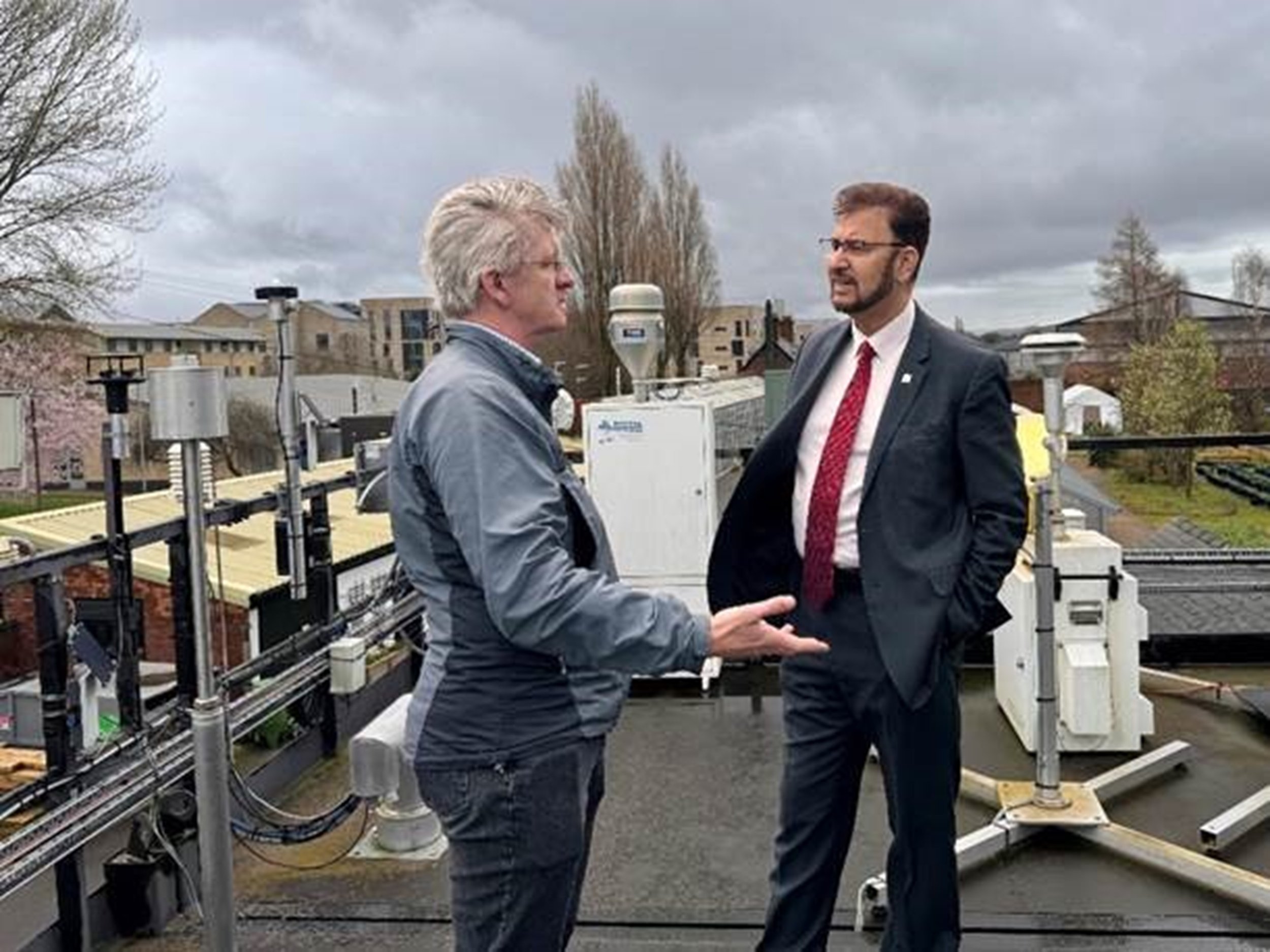School Matters, published online by Policy@Manchester examines five policy areas where the eight authors believe attention is required.
These include childhood literacy, maths to 18, the role of area-based partnerships, primary-secondary school transitions, and the impact of young people’s everyday lives on learning.
Each individual article also advances evidence-based recommendations for improvement.
The document begins with a foreword by Paul O’Neill, Deputy CEO of Right to Succeed which supports communities in areas of high deprivation to give children the best start in life.
“The vital contribution from academics at The University of Manchester in this Policy@Manchester report provides further thought-provoking insight and evidence around both the key areas of focus and the collective, contextual, community-centred approach required to implement any future policies or programmes effectively,” he writes. “Ultimately, if we can uplift our most vulnerable children, young people, and communities, we uplift society as a whole.”
Robin Walker MP, Chair of the House of Commons Education Select Committee, responded positively to the School Matters report. “School undoubtedly matters and attendance is vitally important,” he said. “After all the disruption of the pandemic, the Education Select Committee has been at the forefront of debate and discussion on how we support attendance and tackle persistent absence.
“The new research from the University of Manchester is a welcome contribution to this debate and amongst other things supports our recommendation of an enrichment guarantee from our report into persistent absence and support for disadvantaged pupils.”
Labour MP Catherine McKinnell, the Shadow Minister for Schools, highlighted the attention given in the online document to pupil wellbeing and the enjoyment of school. She said: “With young people experiencing some of the lowest levels of wellbeing in years, it’s so important we ensure school is enjoyable, with a focus on developing interests and passions as well as knowledge and skills.”
Looking beyond the forthcoming General Election, she added: "We know that persistent absence and mental health go hand in hand with raising school standards and therefore we need to deliver a curriculum which is rich, broad and inclusive. As part of our mission to break down barriers to opportunity, we will launch a curriculum and assessment review in government to look at how we can best achieve this and build up skills that set young people up for life.”
And after reading the report, Lord Knight of Weymouth, a former Minister of State for Schools and current Vice-Chair of the All-Party Parliament Groups both for Education, and School Exclusions and Alternative Provision, called for urgent change in the school system.
“Teachers are leaving, pupil attendance is falling, buildings are crumbling and attainment has stalled,” the Labour peer said. “At its best, England’s school system still fails a third of children, despite the best efforts of teachers.
“The School Matters report indicates ways forward that are more human, have place-based variation and more real life relevance in the curriculum. Every child and teacher must feel that they belong in school. These changes could be the start.”
School Matters is available to read on the Policy@Manchester website.































